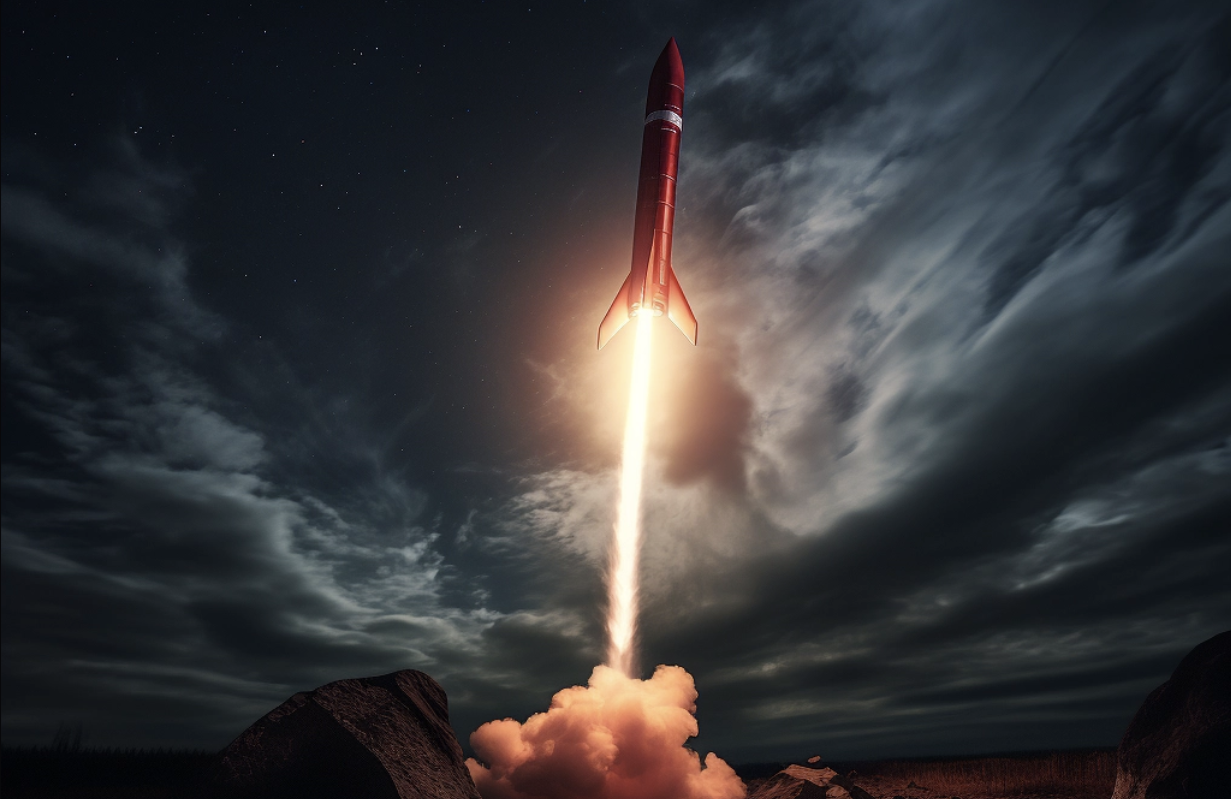Science News Roundup: Delta rockets retired with launch of US reconnaissance satellite; Russia launches first Angara-A5 space rocket from Far East cosmodrome and more
The United Launch Alliance-owned rocket, standing roughly 23 stories tall, blasted off from Cape Canaveral Space Force Station in Florida around 1 p.m. EDT (1700 GMT), 12 days after a previous launch attempt was scrubbed at the last minute due to a technical glitch. Russia launches first Angara-A5 space rocket from Far East cosmodrome Russia on Thursday test-launched its Angara-A5 space rocket for the first time from the Vostochny Cosmodrome in the Far East, successfully putting a test load in low orbit as part of an effort to develop a new post-Soviet launch vehicle.

Following is a summary of current science news briefs.
Delta rockets retired with launch of US reconnaissance satellite
The U.S. Space Force and a Boeing-Lockheed joint venture sent a secret reconnaissance payload to orbit on Tuesday atop a Delta IV Heavy rocket, the last flight of a workhorse launch vehicle brand that has logged nearly 400 missions dating back to 1960. The United Launch Alliance-owned rocket, standing roughly 23 stories tall, blasted off from Cape Canaveral Space Force Station in Florida around 1 p.m. EDT (1700 GMT), 12 days after a previous launch attempt was scrubbed at the last minute due to a technical glitch.
Russia launches first Angara-A5 space rocket from Far East cosmodrome
Russia on Thursday test-launched its Angara-A5 space rocket for the first time from the Vostochny Cosmodrome in the Far East, successfully putting a test load in low orbit as part of an effort to develop a new post-Soviet launch vehicle. The test launch of the Angara-A5, Russia's first post-Soviet space rocket, was aimed at underscoring Moscow's ambition to be a major space power and the growing importance of Vostochny, situated in the forests of the Amur region of Russia's Far East.
UK Nobel Prize-winning physicist Peter Higgs dies aged 94
Physicist Peter Higgs, whose theory of an undetected particle in the universe changed science and was vindicated by a Nobel prize-winning discovery half a century later, has died aged 94, the University of Edinburgh said on Tuesday. The discovery of the Higgs boson in 2012 at the CERN research centre near Geneva was widely hailed as the biggest advance in knowledge about the cosmos for over 30 years, and pointed physics towards ideas that were once science fiction.
US bets on climate friendly farming; experts doubt it is climate friendly enough
President Joe Biden's administration is offering farmers money for adopting practices that store carbon in the soil to fight climate change, but Reuters interviews with soil science experts and a review of U.S. Department of Agriculture research indicate doubt that the approach will be effective. Farm practices like planting cover crops and reducing farmland tilling are key to the USDA's plan for slashing agriculture's 10% contribution to U.S. greenhouse gas emissions as the U.S. pursues net-zero by 2050. Ethanol producers also hope those practices will help them secure lucrative tax credits for sustainable aviation fuel (SAF) passed in the Inflation Reduction Act (IRA).
US, Japan announce partnership to accelerate nuclear fusion
The United States and Japan on Wednesday announced a joint partnership to accelerate development and commercialization of nuclear fusion. The partnership was unveiled as Japanese Prime Minister Fumio Kishida was in Washington for a summit with President Joe Biden.
Space startups see funding surge as government spending remains high, report says
Funding for space startups more than doubled in the first quarter as government spending remained robust setting the stage for the space economy to grow stronger, venture capital firm Space Capital said on Thursday. Geopolitical uncertainties have largely driven the surge in funding, as geospatial data and images collected by satellites are used by government agencies for everything from analyzing weather patterns and agriculture to changes and movements along international borders.
(With inputs from agencies.)
ALSO READ
Japan informs IAEA about corrosion of tanks holding ALPS-treated water
NX Group Begins Offering ''NX-GREEN SAF Program'' in Japan
Philippine president: trilateral agreement with U.S., Japan not directed at anyone
Philippine president: trilateral agreement with U.S., Japan not directed at anyone
Testimony starts in lawsuit alleging Japanese police engaged in racial profiling practice










